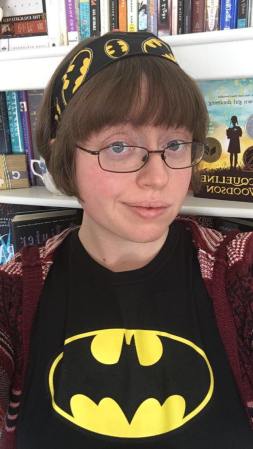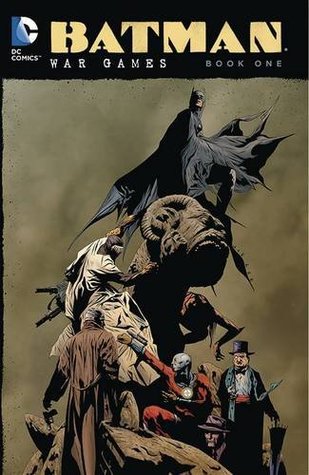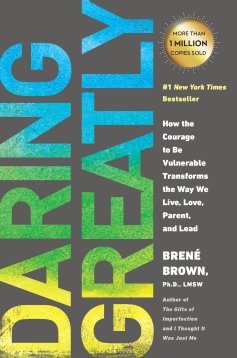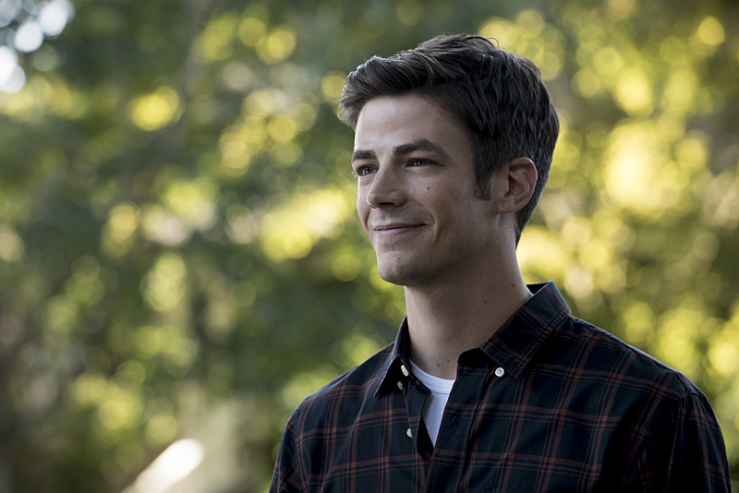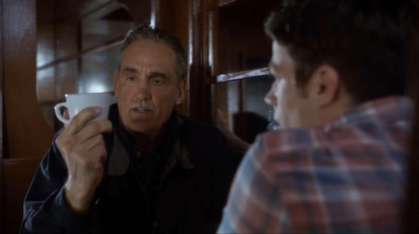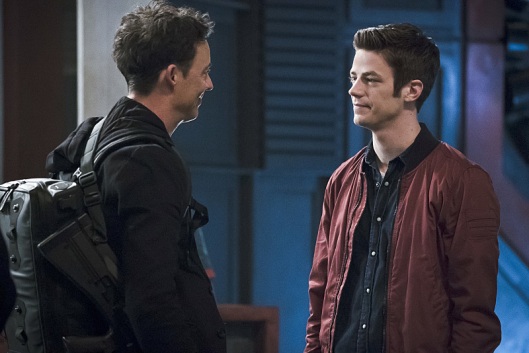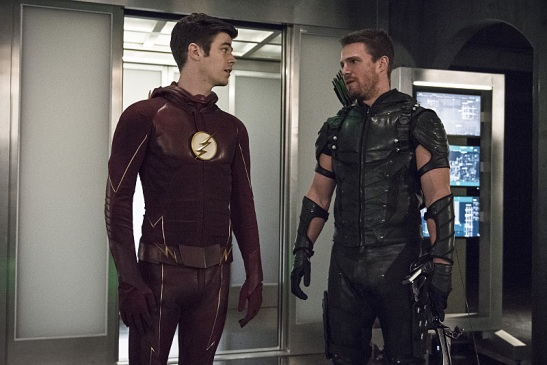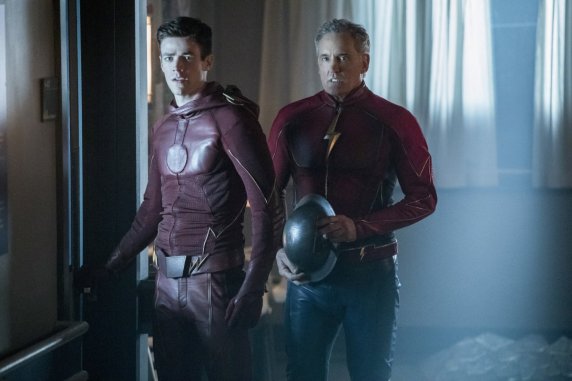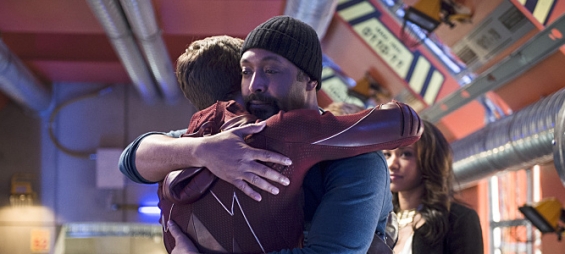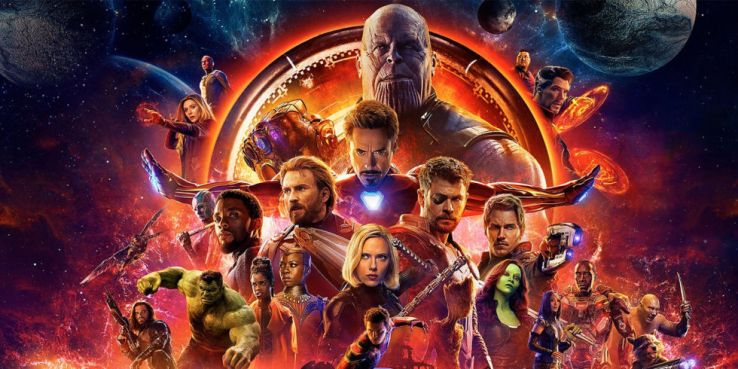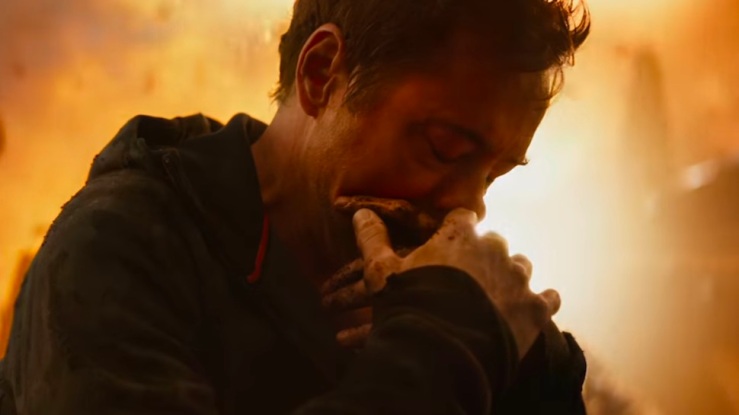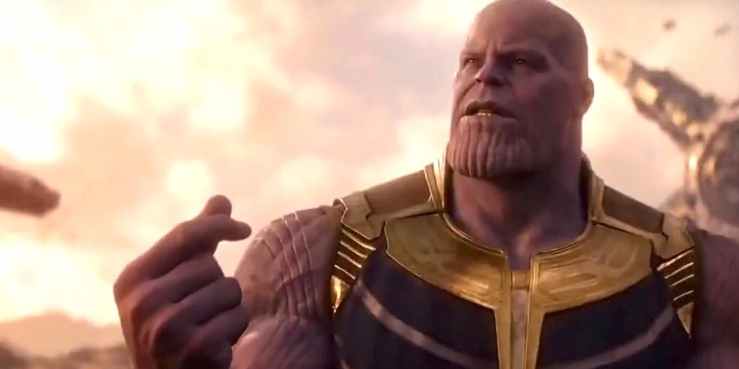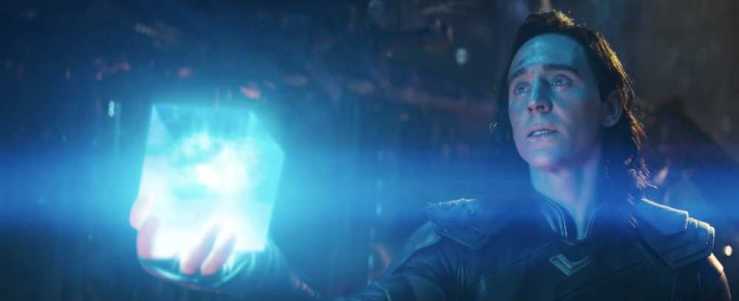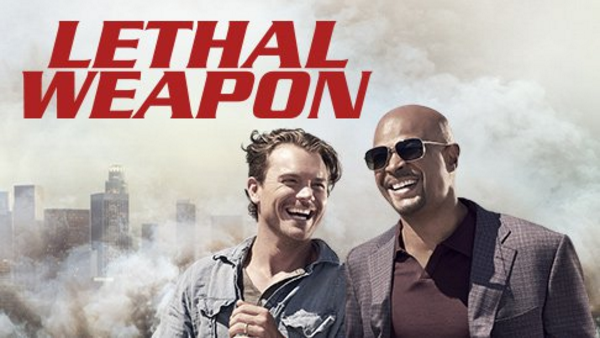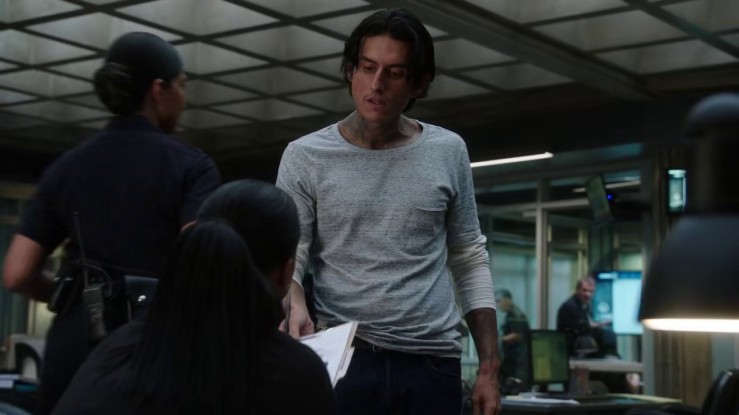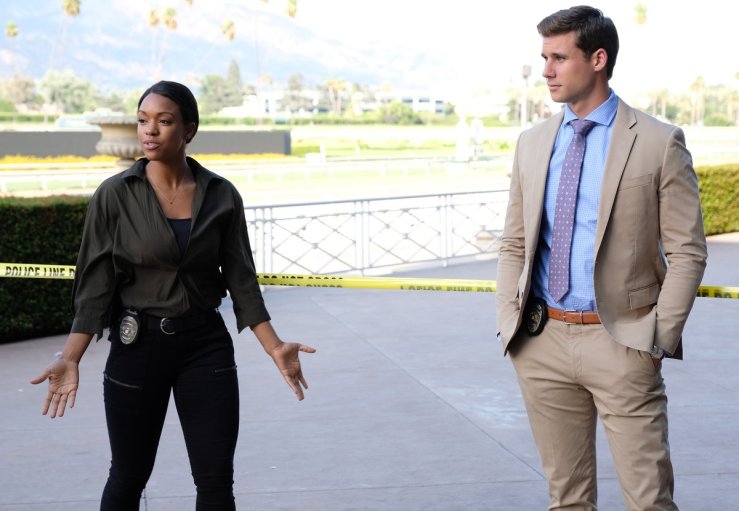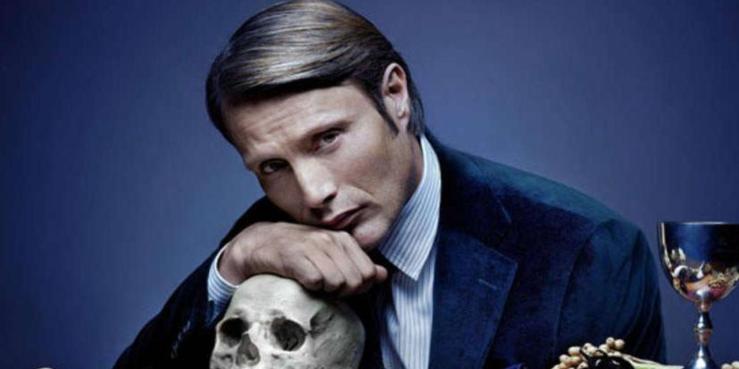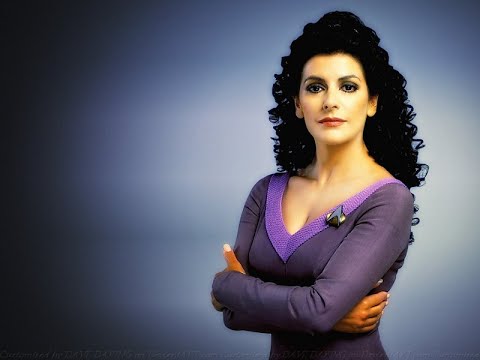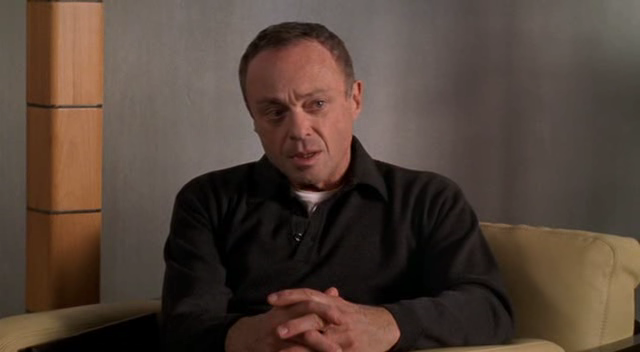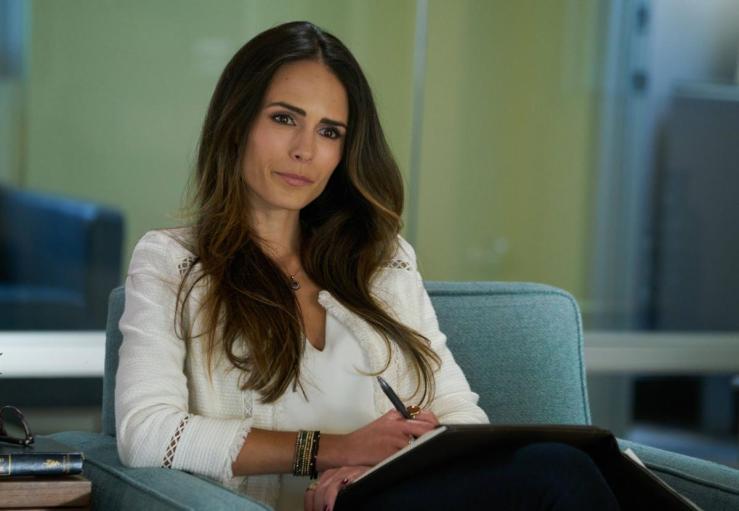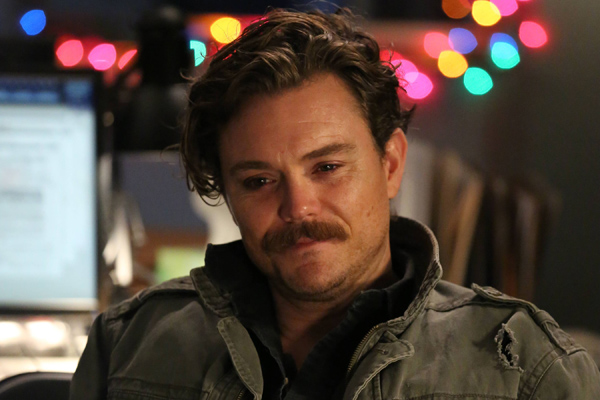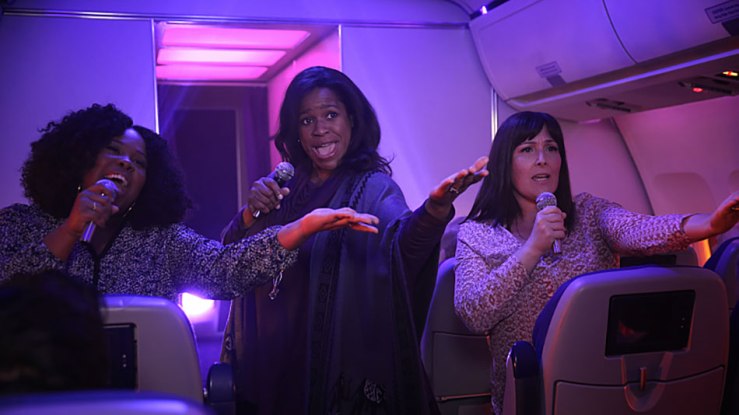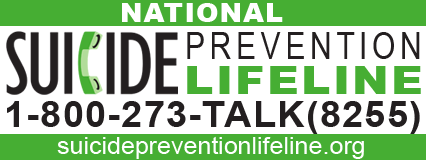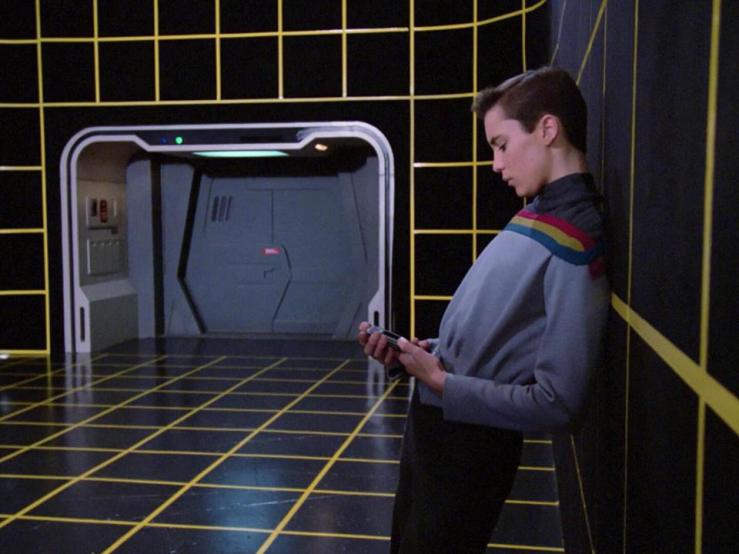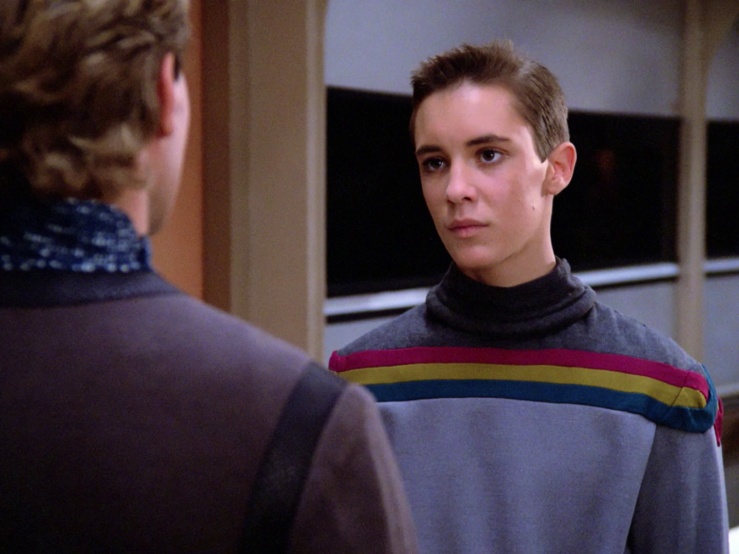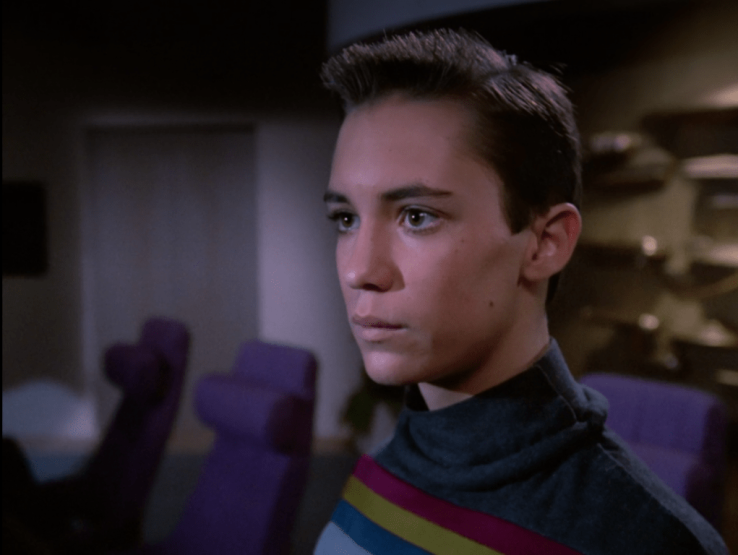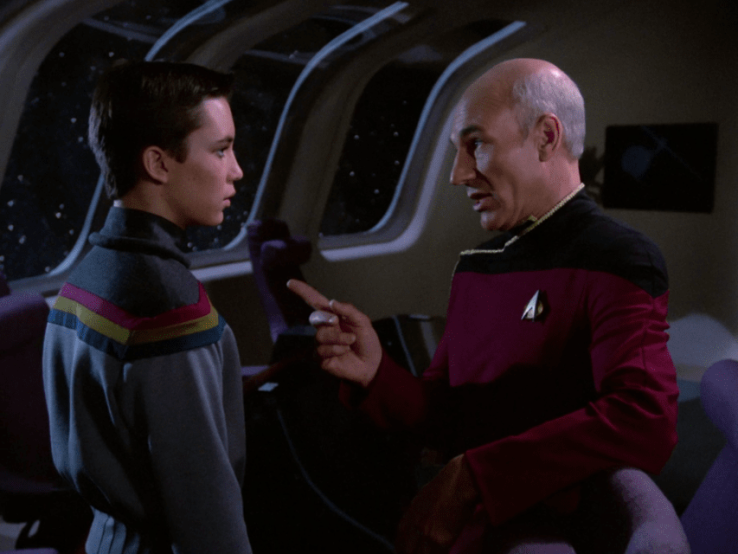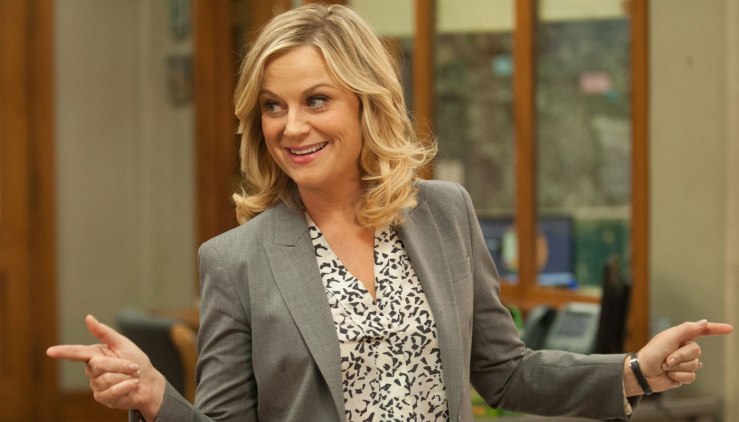We met at Baltimore Comic Con. It was my second year taking my niece. Both her and I have social anxiety, and transforming into our favorite badass women of the superhero world makes us become more outgoing. We walked around the con getting pictures with other cosplayers. She and I gasped out loud when we saw one particular cosplayer come walking across the sky bridge. Decked out in armor, carrying the mighty Mjolnir, there she was: Thor.
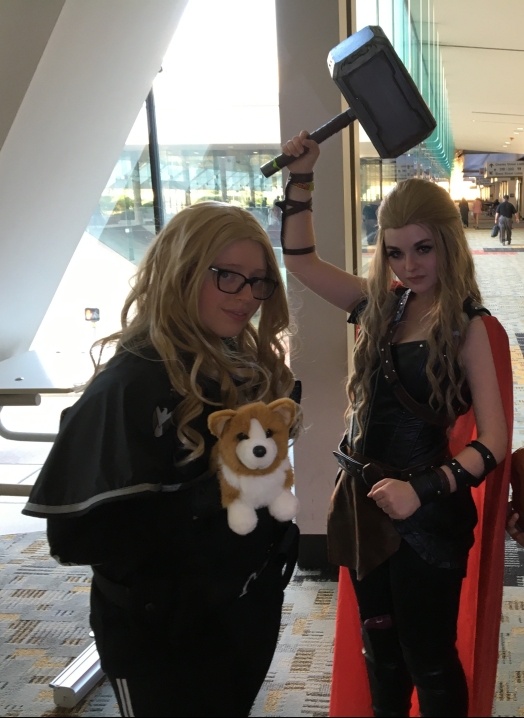
As long time readers of my blog know, I am endlessly interested in the intersection of mental health and nerd culture, so when I saw a post about this very topic on her instagram, I reached out to Ghostiee Muffinn herself for an interview.
Chris: What do you want [my readers] to know about you first off?
Jess: Hi! I’m Jess, however my online cosplay alias is Ghostiee Muffinn Cosplay. I’ve been cosplaying and attending conventions for 4 years now, and hope to continue! I cosplay almost everything; video games, comics, movies, you name it! Outside of cosplay I attend college and serve [wait staff at a restaurant].
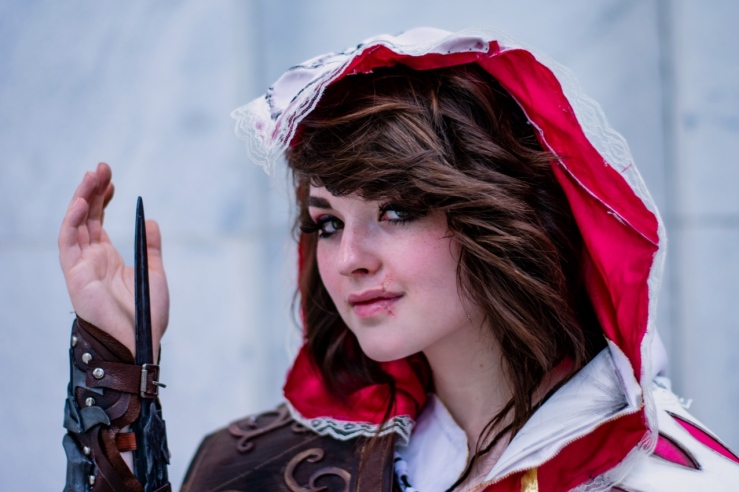
Chris: How did you get into cosplaying? What is your cosplay story?
Jess: One year out of the blue I asked my friend if she wanted to attend Katsucon, I think it was 2015! She had planned to go to otakon, but things fell through so it inspired us to give it a shot. We loved it. It was so much fun crafting our first costumes, and it just became something we wanted to continue! Now, I can’t imagine myself without this hobby, I put hours and lots of money into it!
Chris: What does cosplay mean to you?

Jess: Cosplay means the world to me! I’ve met my best friends through cosplay, so close that they are like family to me. Cosplay is my creative outlet, I lead a busy lifestyle and it allows me to cool down through art. I hope to keep pushing myself to craft greater and greater projects.
Chris: What is your life as a frequent cosplayer like?
Jess: It can be stressful, in 2018 I have completed 7 new cosplays and attended 5 conventions. The previous year I had only [attended] 2 conventions and completed about 3 cosplays. I would be lying if I said it didn’t sometimes get stressful pushing myself more and more. Yet, I wouldn’t trade it for anything, while it keeps me busy it keeps me determined. I continue to meet amazing people and learn more about my craft. It can be strange finding the balance between the cosplay world, work world, student world, and social world— yet when those worlds collide (especially social and cosplay) I wouldn’t trade it for a thing!
Chris: On your Instagram, you talk about feeling like cosplaying different characters makes you feel strong. Can you talk more about that?
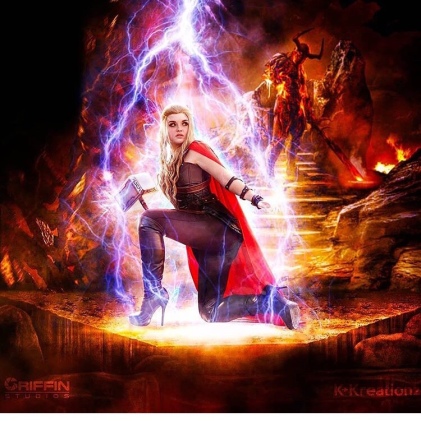
Jess: Cosplaying different characters absolutely makes me feel strong—empowered. When you look up to or admire a character, there is hardly a better feeling than becoming that character. It’s like becoming the one who you admire, you begin to admire yourself. Additionally, not all projects are easy! Completing a challenging goal is good for the soul, it induces learned self esteem!
Chris: On this blog, we talk about how nerd culture intersects with mental health. What connection do you see between cosplaying and mental health?
Jess: I absolutely can see how cosplay connects to mental health, good and bad. For me, cosplay gives me pride and pleasure when I debut something new I had been crafting for months. I previously mentioned learned self esteem—when one gains confidence through accomplishment— cosplay is my source of learned self esteem! It gives me something to look forward to in dark days. However, it is undeniable that cosplay can be a stressor. Have you heard the term “con crunch”? It refers to that month before a con when cosplayers go blind, seeings stars, trying to finish all their cosplays by the con deadline— usually without sleeping! Cosplay can induce stress, but it can also serve as stress relief to craft after a long day. I would consider it a very healthy hobby!
Chris: What do you wish people understood about cosplaying?
Jess: I feel there are several misconceptions around cosplay. First— it’s not just several adults that never outgrew dress up. We are adults having fun, we are crafting, making friends, staying young, and embracing our unique hobby. Many cosplayers such as myself create cosplays from nothing, so we pride ourselves in our creations! Secondly, there are many types of cosplay. One of the categories, lewd cosplay, I feel gets a bad name. Our motto is cosplay is for everyone, to deny anyone as a cosplayer because they are wearing less is rude and wrong. Similarly, the cosplay world should be a happy world, void of harsh remarks. We are all different skill levels, so we must always embrace all cosplays as “good” rather than “noob” cosplays.
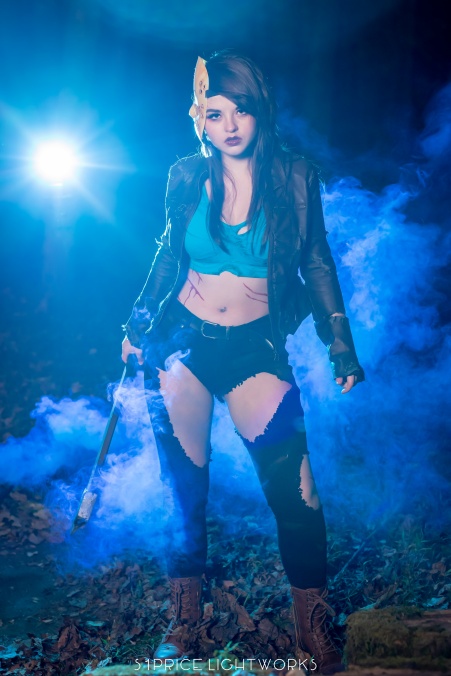
Chris: Can you tell us about the cosplay community?
Jess: I love the cosplay community, I’ve mentioned that almost all of my close friends come from cosplay—and hold true to that. I’ve met people I consider family. I feel the cosplay community is a supportive and healthy community, nerds helping and supporting eachother! It’s my favorite community to be a part of.
Chris: Is there anything else you want my readers to know about your craft?
Jess: I see cosplay in my future, and I am grateful for everyone who has supported me along the way, I couldn’t do anything without the kindness of others, and I couldn’t imagine myself without the cosplay world.
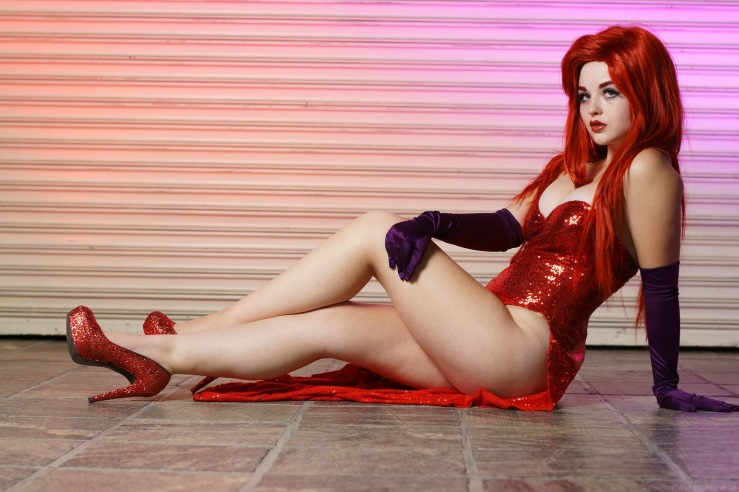
Thank you to Jess for telling us her story. Check out her work on instagram @GhostieeMuffinnCosplay and on facebook Ghostiee Muffinn Cosplay. You can also contribute to her craft over on Ko-Fi.
Welcome back to the new season of Existential Wednesday. If you enjoyed this interview, worry not, there are more to come. And if you want more walks through existential crises, pop culture, and mental health, come back every Wednesday!


